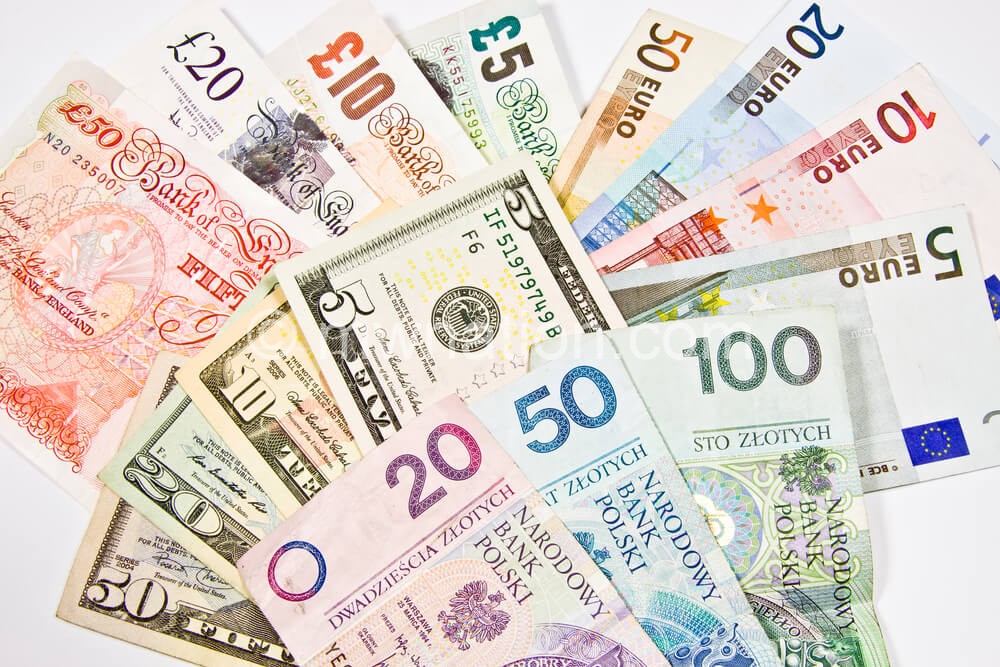Fimda tips authorities on taming kwacha’s fall
Financial Market Dealers Association (Fimda) has urged monetary authorities to maintain the balance between market supply and demand in the foreign exchange market to tame kwacha’s fall.
Fimda’s sentiments come on the back of the continued depreciation of the local unit against major trading currencies, particularly the dollar.

The kwacha had relatively remained stable for the past three years, trading at K740 to a dollar though it experienced some volatility in mid-2019.
But beginning the second half of this year, the kwacha has been under pressure, and at the peak of the crisis in August, it traded at K860 to a dollar.
Since then, the local unit has remained volatile, with latest figures from the Reserve Bank of Malawi (RBM) showing that it is trading at K771 to a dollar.
In an e-mail response on Monday, Fimda president Mclewen Sikwese called on authorities to create confidence in market players on the continued and steady supply of foreign exchange.
“Key indicators such as import cover properly backed with central bank’s historical interventions and expectations on earnings from tobacco and any major donor or foreign investor flows need to be well highlighted,” he said.
Sikwese observed that the depreciation of the kwacha this year was inevitable to release the pressure which had been building up from the tail end of 2018, culminating in the depreciation of the kwacha mid-2019.
On her part, Cross-border Traders Association of Malawi president Esther Tchukambiri said due to the depreciation of the kwacha they have not made any notable profits in recent months when compared to late last year.
Blantyre-based Brenda Nampeya, a trader in household items, men’s clothing and fashion accessories, said she is registering losses due to the kwacha instability.
Earlier, Reserve Bank of Malawi Governor Wilson Banda admitted that the kwacha has been under mounting pressure since July.
RBM figures show that gross officials reserves, under the direct control of the central bank has dropped $846.5 million (K651 billion) or four months of import cover in December 2019 to $584.8 million (K450 million) or 2.8 months of import cover.
On the other hand, private sector reserves, comprising authorised dealer banks’ own forex and foreign currency denominated account has slightly picked up from $324.1 million (K249 billion) or 1.55 months of import cover to $332.5 million (K255 billion) or 1.59 months of import cover. n





